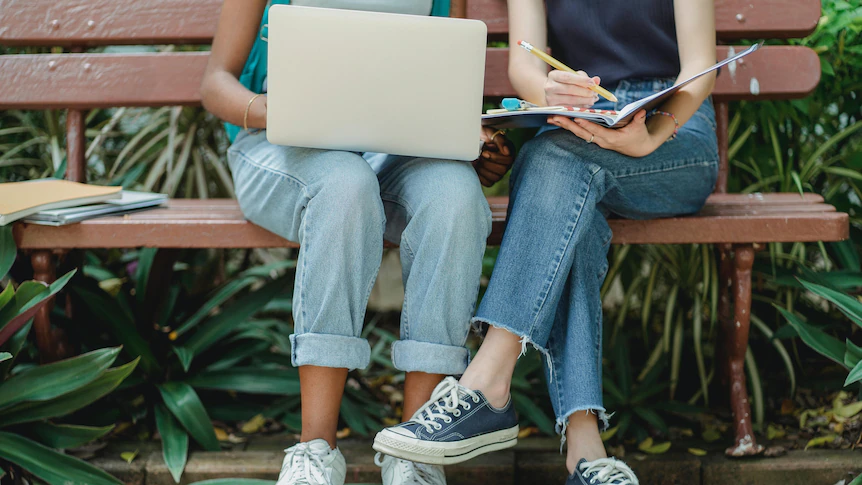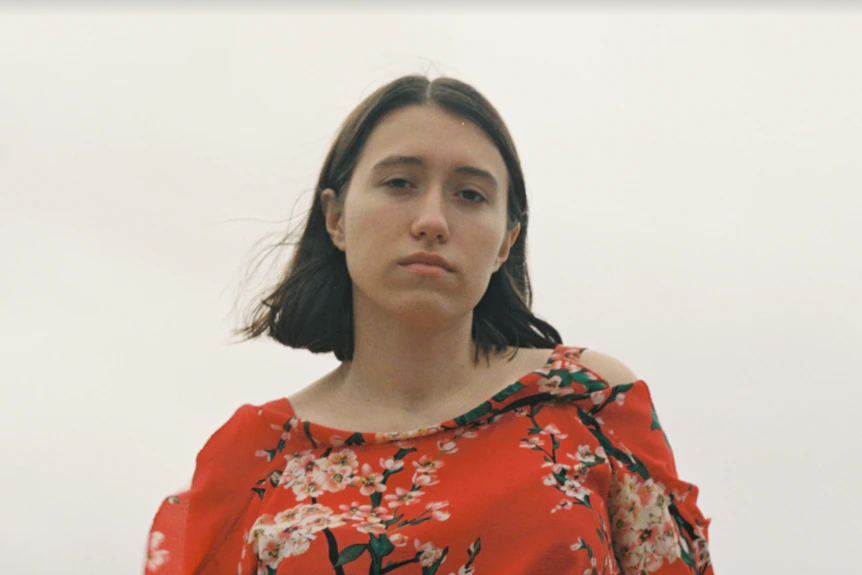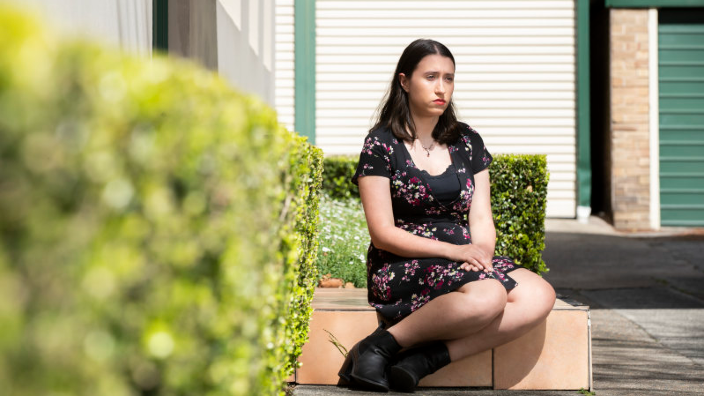As Margaret Thanos waited to get her first dose of a vaccine to protect her against COVID-19, she found herself crying.
The 21-year-old told ABC News she had been confronted with rife misinformation about the AstraZeneca vaccine online, which she said “caused an incredible amount of anxiety.”
“That experience was quite harrowing. You go home and you get those after-effects and you’re so scared. I think the messaging was really poor,” Ms Thanos, who is now fully vaccinated, said.
The Truth Gap report:
COVID-19 is regarded as the first pandemic of the social media age, according to a global report by girls’ equality charity Plan International, which surveyed more than 26,000 girls and young women from 26 countries and found false information was severely impacting their lives.
Plan International characterised misinformation as false or misleading content that is often shared mistakenly by people, whereas disinformation is shared deliberately to cause harm or make a profit.

In Australia, 95 per cent of the 1001 girls and young women surveyed said they were concerned about misinformation or disinformation online, while 83 per cent said they had been exposed to false or misleading information.
The majority (59 per cent) believed that Facebook was the social media platform with the most misinformation/disinformation, followed by TikTok, Instagram and Twitter.
Ms Thanos said her social media feed had been filled with people questioning what was in the vaccine and promoting alternative methods of treating the virus with vitamins.
“People were kind of perpetuating the idea that the vaccines aren’t safe or you should know what’s in your vaccine, despite the fact that I didn’t know what was in every other vaccine that I’ve had in my lifetime,” Ms Thanos, who is a Plan International Australia youth activist, said.
Impact on women’s health:
The report also found misinformation circulated around sexual and reproductive health, body image, climate change and politics.
Susanne Legena, CEO at Plan International Australia, told ABC News young people had been exposed to factual inaccuracies about vaccines and fertility.

Ms Thanos said widespread COVID-19 lies had opened up a broader conversation about medical misinformation on the internet.
“It’s so much bigger than COVID,” she said.
“I’m getting sponsored ads for contraceptive pills that aren’t prescription medication, which is incredibly dangerous.”
A spokesperson for Facebook told the Sydney Morning Herald that the company was working hard to combat all forms of misinformation and since the start of the pandemic had removed 20 million pieces of harmful misinformation for violating its policies.
“We recently launched a new initiative … to address the spread of misinformation by digital creators and to help young people understand what to trust and share online,” the spokesperson said.
“We’ve also displayed warnings on more than 190 million pieces of misinformation that our global network of 80 third-party fact-checking partners, including AAP and AFP in Australia, rated as false.”

